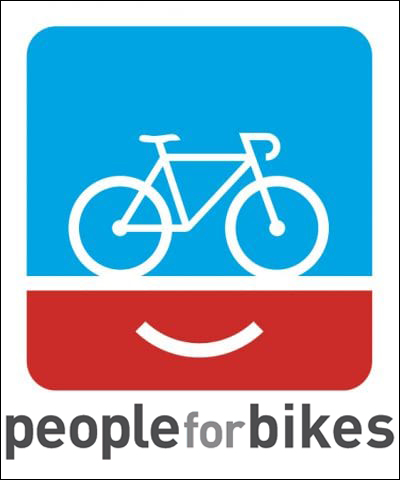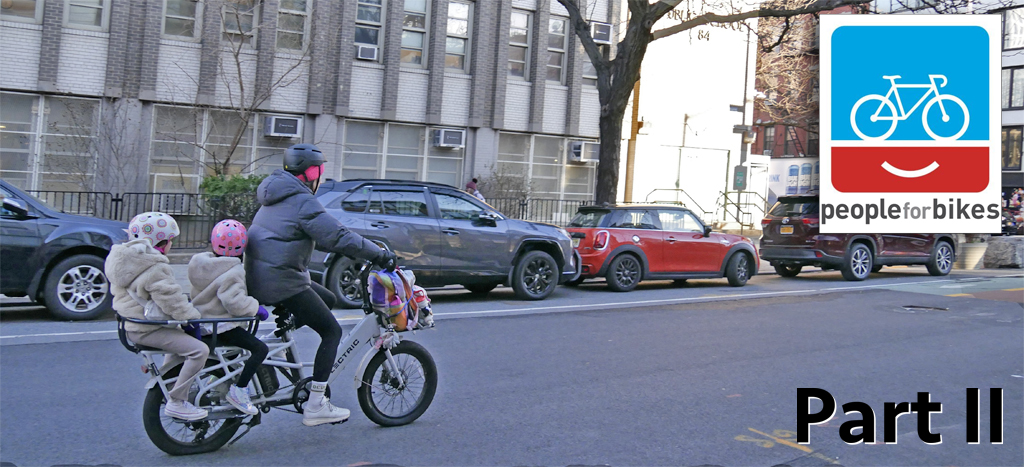Electric bicycles are under increasing scrutiny, often for the wrong reasons. In this three-part series, PeopleForBikes separates fact from fiction to protect the future of e-bikes in America, clarify what qualifies as a legal electric bicycle, and call out bad actors mislabeling high-powered motor vehicles as “e-bikes.” This is Part II. To read the Part I, click here.
Previously, we explored the critical differences between legal electric bicycles and high-powered e-motos. We also revealed the deceptive tactics some manufacturers use to mask their e-motos as compliant bikes.

But what if you already bought one? Maybe for yourself, maybe for your child? You're riding it around the neighborhood or to school. What’s the harm if it looks like a bike, right?
Unfortunately, so much can go wrong. In this second installment of our series, we examine the legal, financial, and safety risks that e-moto riders and their families face every day. From voided insurance claims to fines and injuries, the implications are serious. Many families are unaware that what they’ve bought and how they’re using it could violate state laws and put young riders in harm’s way.
Here is a short list:
- Speeding/Moving Violation: Most vehicle stops result from an officer observing a speed limit or other violation, like running a stop sign. Being stopped could lead to questions about the legality of the vehicle, in addition to a traffic ticket.
- Unregistered Vehicle: All motor vehicles need to be registered and display a license plate. If you are pulled over and law enforcement determines you are operating a motor vehicle that needs registration, you could be cited for failure to register your e-moto.
- Motorcycle License: If the e-moto is determined to be a motorcycle, state law may require the operator to have a specific motorcycle license or endorsement.
- Lack of Insurance: Motor vehicles need to have liability insurance in the amounts set by state statute, and the operator needs to have proof of insurance. Another ticket.
- Impoundment: Law enforcement may seize, tow and impound unregistered motor vehicles that are found on public roads, or that the operator is not licensed to operate. In order to reclaim the vehicle, you will need to pay any fines, towing and storage charges, which could be substantial.
- Increased Insurance Costs: Vehicle law violations go on your driving record, which is reviewed by your insurance company. They may decide you pose a risk and increase the premium you pay for your other vehicles, or simply drop you as an insured. Your new insurance will likely be more expensive for some time.
That sounds like a really bad day. Maybe you should just try to outrun the cops — heck, your e-moto can easily reach 65 and is way more maneuverable than a squad car. And there’s no license plate on there, so they can’t identify you.
Bad idea. In most states, using a motor vehicle to flee from a police officer is a felony offense that can result in hefty fines and jail time. Fleeing may involve other violations, such as careless or reckless driving, or cause a crash, which could lead to more serious charges. While law enforcement may be reluctant to chase an e-moto or be restricted by their internal policy, some departments are now using helicopters and drones to follow and arrest fleeing e-moto operators. And they probably have some dash or bodycam video as well. Despite these risks, some in the e-moto community irresponsibly support fleeing from police.
Most folks are not going to try to out run the cop, but what if your 14-year-old was operating that e-moto and made a bad decision? All of the above could happen, plus a potential citation for driving without a license (or motorcycle endorsement if required). In addition to possible fines and a criminal record, these sorts of convictions could affect their ability to obtain a learner’s permit or driver’s license later on, as well as their insurability as a driver.
All of that is bad, but the worst case is a crash where the e-moto operator, a passenger, or a pedestrian is seriously injured or killed. Even in a less-serious crash, there can be expensive property damage to other vehicles. These crashes are becoming more common and the consequences can be quite serious. Certainly, no one wants to see a young person seriously injured or killed in an e-moto crash and the personal toll of these tragedies on families is immense and incalculable.
In addition to criminal charges, what are the civil legal ramifications?
Negligence: In every personal injury or property damage claim a primary consideration is “who is at fault?” If multiple vehicle and traffic laws were violated because the e-moto involved was an unregistered and illegally operated motor vehicle, that could shift responsibility to the owner and operator of the e-moto. In states with comparative fault, that could greatly reduce or eliminate their claim for damages, even if there were significant fault on the part of others involved in the crash. A severely injured young person operating an e-moto could go uncompensated.
Parental Responsibility: In some states, parents can be held civilly liable for the negligent actions of their children, including those resulting in vehicle crashes. If the e-moto provided by a parent was unregistered and the minor operator was unlicensed, liability for property damage or injuries to others could be the parents’ responsibility.
Denial of Coverage: In cases involving serious injuries with large damage claims, insurance companies carefully investigate the facts to determine if their insurance policy excludes coverage for the claim. Motor vehicle insurance typically follows the vehicle, so if an e-moto was not specifically listed as a “covered vehicle,” coverage could be denied. Similarly, homeowners' and renters' insurance policies often exclude coverage for motorized vehicles, such as e-motos. Without coverage, the owner and operator of an e-moto involved in a crash could be responsible for all claims, losses and costs of defending any litigation, which can be substantial.
In summary, unregistered e-motos being operated on public streets by unlicensed and immature operators present a host of legal and financial risks that should make anyone think twice about buying an e-moto, especially for their child.
Check out Part III of this series in this space tomorrow.






